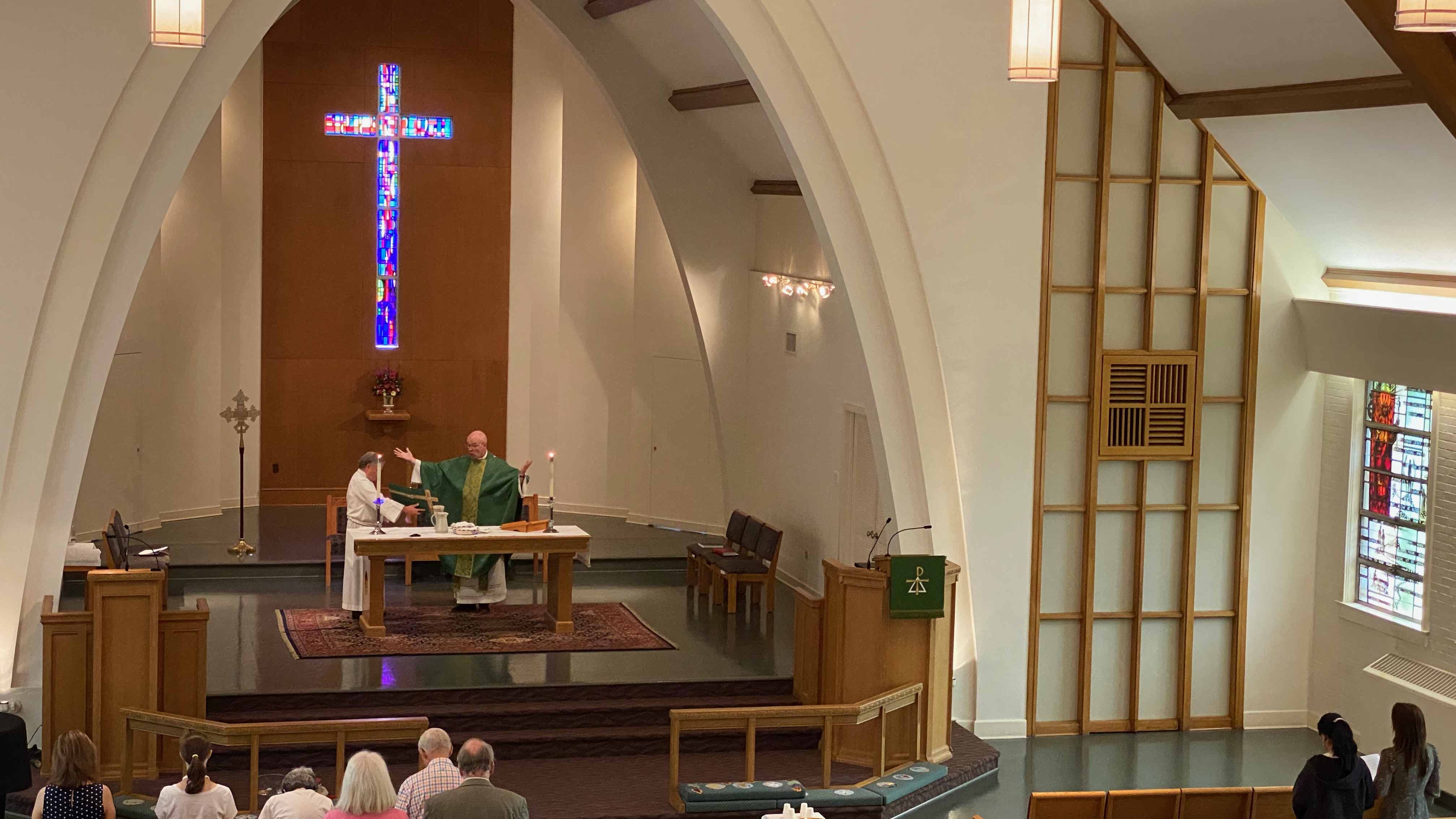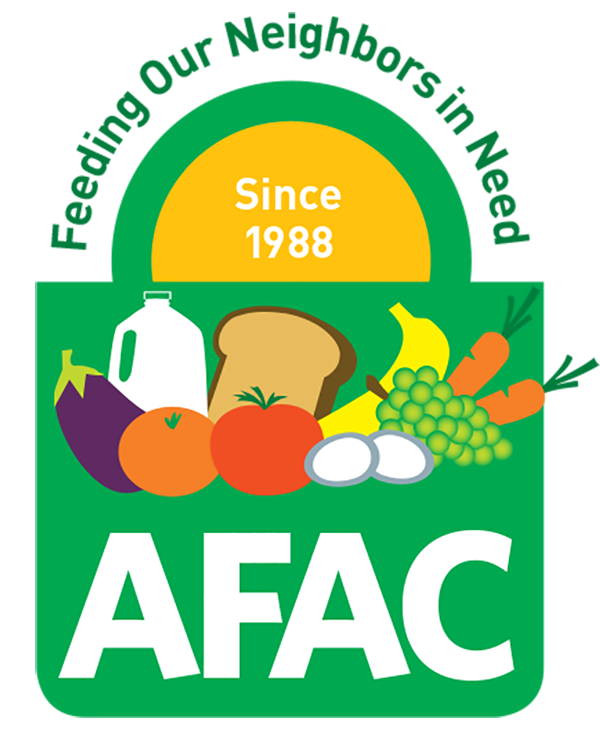So, on now to a sense of greater fullness and abundance. Not assembling in person on Sundays has given us the opportunity to emphasize and explore, as I have written before, how we can truly worship at home, recovering devotional practices that Martin and Katie Luther advocated for and practiced themselves. While we cannot celebrate the Eucharist, we can extend the spirit of that Great Thanksgiving to our tables at home – “Come Lord Jesus, be our guest…” In the absence of teaching you in person, I get to engage in my teaching ministry in satisfying ways through my writing, such as these weekly reflections. Our hiatus from the Sunday assembly has also given us the opportunity as a congregation to enhance our digital presence as a witness to the world of cyberspace as our Home Worship resources continue to evolve, thanks to a team who is now shepherding those efforts, with Carson Brooke serving as our lead videographer.
Another churchly practice that reveals itself in bold and abundant relief during this season of fasting from our larger worshiping assemblies is the holy conversation that occurs when two or three gather in the name of Jesus – in person with mask and physical distancing, and virtually over the phone, on Zoom, FaceTime, and sometimes even during email exchanges.
“For where two or three are gathered in my name,” says Jesus, “I am there among them.” (Matthew 18:20) For years, as attendance has generally decreased in our churches, I have joked that “where two or three are gathered” is the only numbers game I play in church anymore. With such small interactions in Jesus’ name, we never fail to have a quorum. Jesus, as he promises, is there among us.
Martin Luther called such interactions Mutual Conversation and Consolation among the brothers and sisters, occasions when Christians proclaim to each other the gospel of forgiveness in their ordinary conversations. Arguably, Luther’s acknowledgement of this spiritual reality emerged from his days as an Augustinian Friar when his brothers in community would console each other with God’s word of grace and mercy.
Luther deemed Mutual Conversation and Consolation so important that he listed it in the Smalcald Articles (one of his Confessional writings that appears in the Book of Concord) as a means of grace, alongside baptism, the Eucharist, preaching and absolution. Think of it – our ordinary, holy conversations offered in faith and in Jesus’ name are among the principal ways God’s grace is made known to us in the power of the Holy Spirit!
Mutual Conversation and Consolation is the means of grace hidden in plain sight, for such faith-filled conversations happen all the time. As I make the effort to steer my mind away from the emptiness of our liturgical fasting in this pandemic season, that’s when an awareness of the fullness and abundance of holy conversations floods my expanded mental horizon.
Again, as my pastoral routines take shape during this time of isolation from larger gatherings, I am aware that my days are consistently interspersed with occasions for Mutual Conversation and Consolation. Sometimes it is talking with people tending the church garden, with me engaging them from the parsonage deck. Other times, it is serendipitous encounters with Resurrection members whom I happen to see on my daily walks. Or it could be phone calls. I have had FaceTime holy conversations with members. It even happens on some of our Zoom meetings, and it is sprinkled here and there in the abundance of email exchanges that occupies a great deal of my time, energy, and attention in ministry.
The holy presence of Jesus among us erupts when I experience in our exchanges a sense of God’s gracious, loving regard for us through the caring concern evident in my conversations with so many of you. Our occasions of Mutual Conversation and Consolation consistently make the difference in my days, brightening them, making me more hopeful as I engage the solitude of living in the parsonage, which I am calling my “palatial hermitage.”
Holy conversations are good for mental health in this time when we need to be more proactive in maintaining meaningful relationships with other people. But our simple, sacred, ordinary encounters are not just good for mental health from a Lutheran perspective on things – rather, they are also profoundly a means of grace, a means through which Christ’s presence is made known to us. And these holy encounters can be life-savers during this crazy time, helping us make sense of what’s going on in the world, giving us a sense that we are not alone in all of this. It is a fulfillment of Jesus’ promise, “Remember, I am with you to the end of the age.” (Matthew 28:20b)
Therefore, I exhort you, first of all, to realize and claim the sacredness of your ordinary encounters with each other which become extraordinary as means through which Jesus is communicated to us. Secondly, I encourage you to be proactive in seeking more such holy conversations, especially with those whom you feel may be acutely isolated during our time of physical distancing. Physical distancing does not have to become social distancing!
May God lead us to find each other in ever more creative ways in Jesus’ name,
Pastor Jonathan Linman






